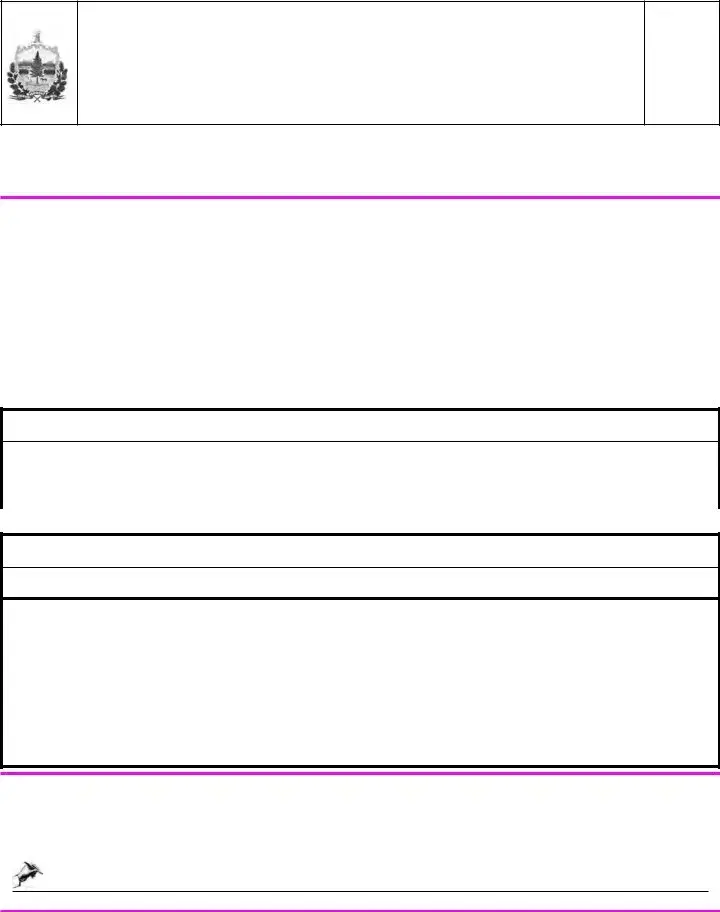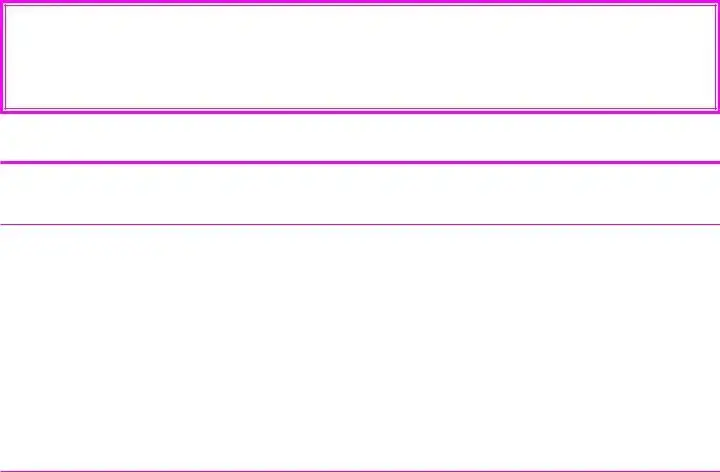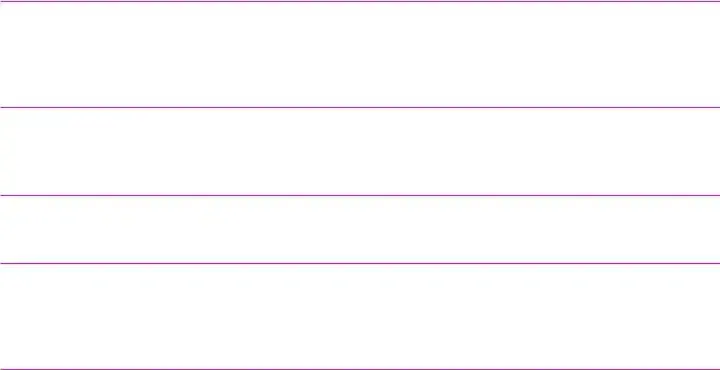Fill Out a Valid Vermont S 3 Form
The Vermont S 3 form is a Sales Tax Exemption Certificate intended for purchases for resale and by exempt organizations within Vermont. It is designed to be filed with the seller, not the Vermont Department of Taxes, providing a mechanism for exempt purchases including those made by 501(c)(3) organizations, government units, and certain other entities. This form includes critical fields such as the buyer's federal ID number, primary business, and the exemption claimed, ensuring compliance with Vermont sales tax exemptions under specific conditions.
Access Your Form Online
Fill Out a Valid Vermont S 3 Form
Access Your Form Online
Access Your Form Online
or
⇓ PDF File
This form deserves a proper finish
Edit Vermont S 3 online without printing or scanning.


